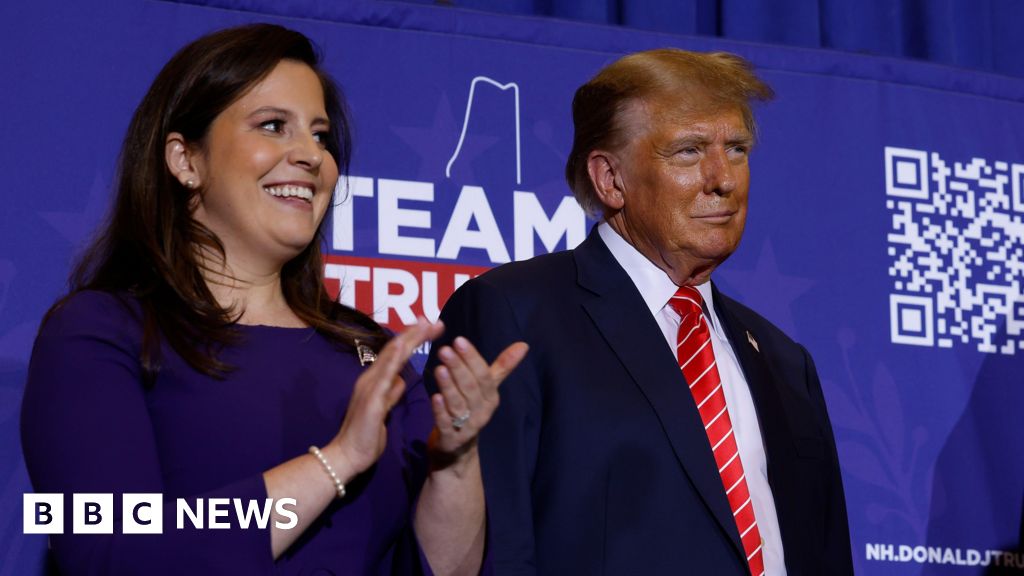The Federal Competition and Consumer Protection Commission (FCCPC) has described its $220 million penalty on WhatsApp and its parent company, Meta Platforms Incorporated as a positive step towards a fairer digital market in Nigeria.
FCCPC disclosed this via its X page on Thursday August 1, 2024, representing its latest reactions to the operation of the social media giants in Nigeria.
LEADERSHIP recalls that Meta’s microblogging website WhatsApp may suspend its operations in Nigeria following the hefty $220 million fine imposed by the FCCPC for alleged data privacy violations.
The FCCPC also stated that any claim by WhatsApp that it may be forced to exit Nigeria due to the recent order, appears to be a strategic move aimed at influencing public opinion and potentially pressuring the FCCPC to reconsider its decision.
The Commission disclosed that the investigation concluded that Meta Platforms had engaged in conduct constituting ongoing infringements of Nigeria’s consumer protection and data laws over an extended period.
The decision by the FCCPC has been appealed by WhatsApp and Meta Platforms’ legal team.
They argued that the FCCPC denied them a fair hearing by imposing a hefty penalty without allowing them to understand the basis for the penalty calculation and to respond to it.
The FCCPC maintained that it investigated Meta Platforms and WhatsApp, jointly referred to as “Meta Parties”, for allegedly violating the Federal Competition and Consumer Protection Act (FCCPA) and the Nigeria Data Protection Regulation (NDPR).
The Commission found that the Meta Parties engaged in multiple and repeated infringements of the FCCPA and the NDPR.
It stressed that to deter future violations and ensure accountability for the alleged infringements, the FCCPC also imposed a monetary penalty of $220 million.
The Commission emphasised that its orders were legitimate and have also been applied by other countries where WhatsApp and Meta operate.
FCCPC added, “The FCCPC’s actions are based on legitimate concerns about consumer protection and data privacy, and the order is a positive step toward a fairer digital market in Nigeria. Similar measures are taken in other jurisdictions without forcing companies to leave the market. The case of Nigeria will not be different.”

 3 months ago
6
3 months ago
6












![Edo Deputy Gov Idahosa Meets Philip Shaibu [Photos]](https://www.naijanews.com/wp-content/uploads/2024/11/IMG-20241112-WA0078.jpg)


 English (US) ·
English (US) ·